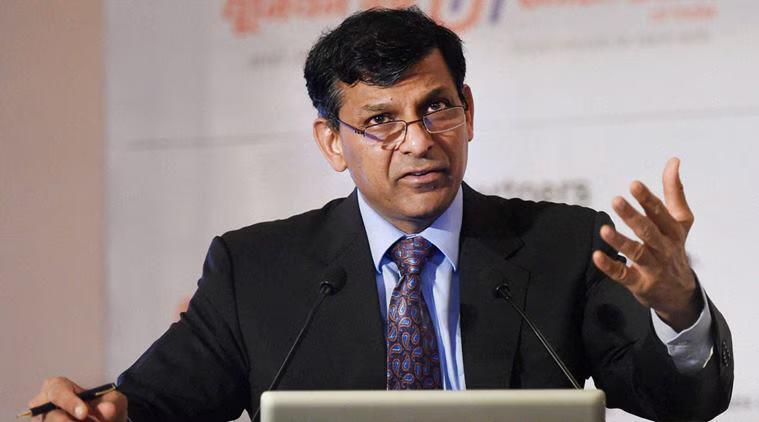
US Risking Economy by Curbing Foreign Students: Ex-RBI Guv
In a recent statement, former Reserve Bank of India Governor Raghuram Rajan has warned that the United States is risking its economy by targeting international student pipelines. His remarks come as the Trump administration has ordered US embassies to halt scheduling interviews for student visas, citing concerns over national security.
The move has sparked widespread criticism, with many experts arguing that it will have long-term negative consequences for the US economy. Rajan, who is also a distinguished academic and economist, is just one of the many voices warning of the potential risks.
So, what are these risks, and why is Rajan so concerned? Let’s take a closer look.
The Economic Importance of Foreign Students
Rajan’s warning is based on the significant economic impact that foreign students have on the US economy. International students contribute billions of dollars to the US economy each year, and they often go on to become successful entrepreneurs and business leaders.
Take, for example, Sergey Brin, the co-founder of Google. Brin, who was born in Russia, came to the US as a foreign student and went on to co-found one of the world’s most successful technology companies. Brin is just one of many examples of international students who have gone on to achieve great success in the US.
The Tech Industry’s Dependence on Foreign Talent
The tech industry, in particular, has a long history of relying on foreign talent. Many of the world’s most successful tech companies, including Google, Facebook, and Microsoft, were founded by international students or entrepreneurs.
Rajan points out that the tech industry’s dependence on foreign talent is not just limited to entrepreneurs. Many of the world’s top tech companies, including Apple and Amazon, have significant operations in the US, and they rely on foreign workers to fill key positions.
The Consequences of Curbing Foreign Student Visas
So, what happens if the US continues to curtail foreign student visas? The consequences could be severe.
First and foremost, the US will lose out on the economic benefits that foreign students bring. International students contribute billions of dollars to the US economy each year, and they often go on to become successful entrepreneurs and business leaders.
Secondly, the US will struggle to fill key positions in the tech industry. Many of the world’s top tech companies, including Apple and Amazon, have significant operations in the US, and they rely on foreign workers to fill key positions.
Thirdly, the US will harm its global reputation. The move to curtail foreign student visas has sparked widespread criticism, and it has damaged the US’s reputation as a welcoming and open society.
A Warning from History
Rajan’s warning is not just based on theoretical economics. He points out that the US has a history of making similar mistakes in the past.
In the 1950s and 1960s, the US imposed strict quotas on immigration, which had severe consequences for the economy. The quotas led to a shortage of skilled workers, which made it difficult for companies to fill key positions.
Similarly, in the 1980s, the US imposed strict limits on foreign student visas, which led to a brain drain of international talent. Many of the world’s top students and entrepreneurs were forced to look elsewhere for opportunities, and the US economy suffered as a result.
Conclusion
In conclusion, the US is risking its economy by curbing foreign student pipelines. International students contribute billions of dollars to the US economy each year, and they often go on to become successful entrepreneurs and business leaders.
The tech industry, in particular, has a long history of relying on foreign talent, and the consequences of curbing foreign student visas could be severe. The US will lose out on economic benefits, struggle to fill key positions in the tech industry, and harm its global reputation.
As Raghuram Rajan so eloquently put it, “The US is risking its economic future by targeting international students.” It’s time for the US to rethink its approach to foreign student visas and to recognize the significant economic benefits that international students bring.
Source:






